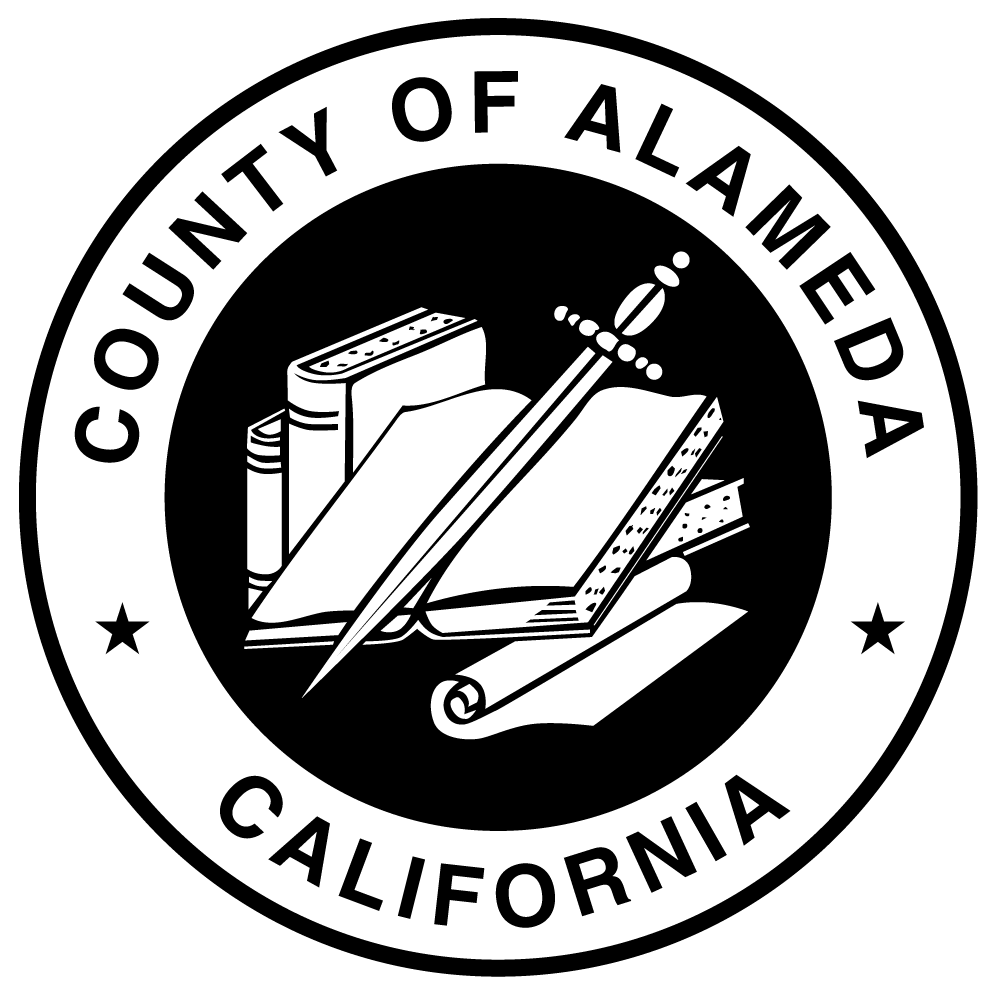Partnerships for Trauma Recovery
Partnerships for Trauma Recovery provides mental health care for international survivors of human rights abuses and clinical training for psychology and social work students.
Core Programs
At our Bay Area-based Mosaic Healing Center, we draw on synergies among the core components of our model to:
- (a) Provide mental health care for refugees, asylees, asylum seekers and human trafficking survivors,
- (b) Expand capacity among globally-minded clinicians to serve these populations, and,
- (c) Advocate for policies to prevent trauma and re-traumatization.
Mental Health Care | Global Trauma Healing Program
The Bay Area hosts a large population of refugees, asylees and asylum seekers fleeing armed conflict and persecution in their home countries. Partnerships for Trauma Recovery's Global Trauma Healing Program provides culturally aware, trauma-informed and linguistically accessible mental health care for international survivors of human rights abuses from all cultural, ethnic and linguistic groups residing throughout the greater San Francisco Bay Area.
Recognizing the reality that the need for trauma recovery is great — there are an estimated 1.3 million torture survivors in the United States alone — we seek to incorporate group-based mental health approaches, whenever possible, to more efficiently reach larger numbers of survivors.
Linguistic capacity is essential to making mental health care accessible for international communities resettled in the United States. Our team includes multilingual and multicultural providers who speak a variety of languages, as well as our Refugee Voices team of mental health interpreters. Since opening our Mosaic Healing Center in 2016, our staff and interpreters have provided care in over 15 languages, some of the most widely spoken among Bay Area communities including Spanish, Tigrinya, Mam, Amharic, French, Portuguese, Arabic and Farsi/Dari.
Between clinical providers and interpreters, our team speaks:
Amharic, Arabic, Dari, Farsi, French, German, Hebrew, Hindi, Italian, Mam, Mongolian, Nepali, Pashto, Portuguese, Punjabi, Spanish, Tamil, Tigre, Tigrinya, and Urdu.
Chosen for their mental health interpretation skills, their cultural and emotional sensitivity, and their willingness to engage in the difficult process of listening to histories of violence and ongoing suffering, we provide vital support and training to our Refugee Voices team to further enhance skills and prevent secondary trauma. Altogether, PTR has the capacity to serve clients in over 20 different languages.
Clinical Training | Global Healing and Human Rights Training Program
With one of the few clinical training programs in the nation with an international trauma specialization, Partnerships for Trauma Recovery (PTR) is working to bridge the gap between human rights and mental health programming. Through our Global Healing and Human Rights training program, we increase clinical capacity among graduate psychology and social work students to serve international populations who have faced war, torture and other forms of persecution.
Through our tailored training curriculum and in-depth case supervision, our trainees will develop a comprehensive understanding of the psychosocial impacts of human rights abuses, as well as skilled capacity for helping survivors heal. With this training, these globally-minded clinicians are prepared to spread their knowledge and clinical skills to reach greater numbers of international survivors of human rights abuses.
Further, through an integrated advocacy component we aim to equip our trainees with knowledge and skills to apply their learning about the multi-layered impacts of violence and trauma to make larger, systemic change through policy advocacy. Trainees complete an advocacy action during their training, and are invited to join a network of PTR clinicians motivated to advocate for policies that support international human rights survivors.
Policy Advocacy | Mental Health Matters
While healing trauma is essential for the well-being of survivors, their families, and societies as a whole, it is vital that governments and civil society take action to prevent violence and trauma from occurring in the first place. Whether policies are national in scope, such as the detainment of asylum seekers, or global, as in a government's foreign policies, the mental health of communities is often deeply affected.
Partnerships for Trauma Recovery's Mental Health Matters program aims to strengthen and support advocacy campaigns aimed at preventing trauma and re-traumatization, and protecting international human rights survivors. Through our direct connection with individuals and families affected by policies and actions which fail to prioritize emotional well-being, PTR aims to apply our knowledge gained to promote better policies in the future.
With a combination of practice-based learning by our clinical trainees, doctoral student research in the field of psychology, and specific advocacy actions, we aim to promote public understanding about the internal reality of trauma survivors, and the impacts of mental health on individuals, families, communities and society. And, by partnering with organizations engaged in advocacy, we aspire to expand the space for, and increase the volume of, voices calling for trauma-informed, intelligent policies that prioritize mental health and freedom from violence.



